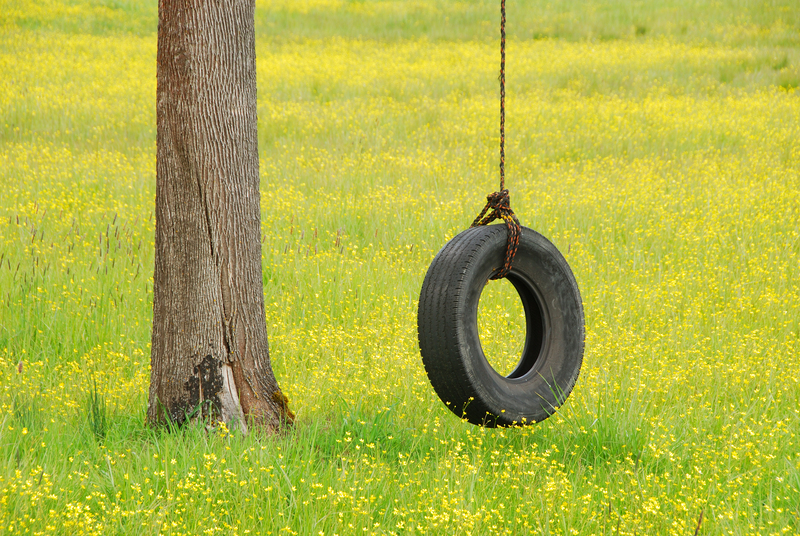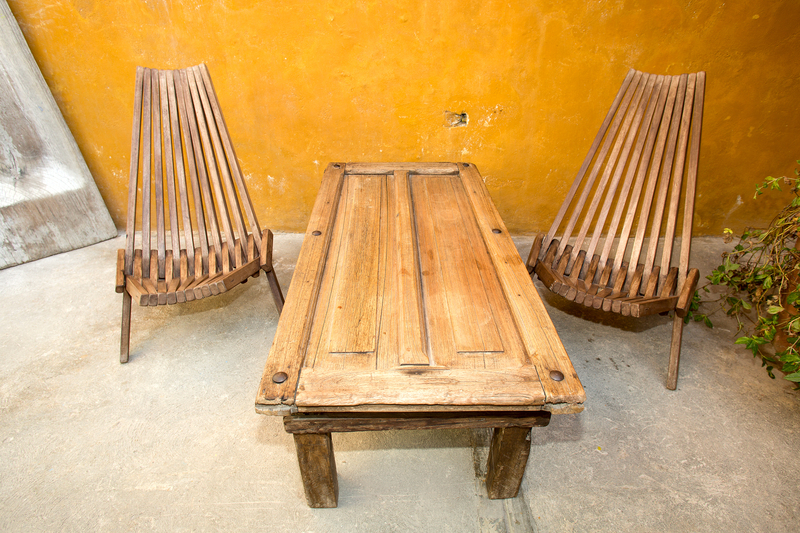Reducing Waste by Recycling Your Pots and Pans: A Comprehensive Guide
Every year, millions of pots and pans are discarded and end up in landfills, contributing to mounting waste and environmental harm. If you're looking to embrace sustainable living and make a real difference, learning about recycling your pots and pans is an excellent place to start. In this detailed guide, we'll explain why recycling old cookware matters, where and how to do it, and creative reuse options. Follow along as we explore the path to a greener kitchen and a healthier planet.
Why Recycling Pots and Pans is Important
Pots and pans are essential in virtually every home. However, they have a finite lifespan due to wear, nonstick coating degradation, warping, or simple upgrades. Unfortunately, much of this cookware is disposed of improperly, ending up directly in local landfills. Here's why recycling old cookware matters:
- Environmental Impact Reduction: Old cookware commonly contains metals like aluminum and stainless steel, which take decades or even centuries to break down in nature. Recycling these materials conserves resources, saves energy, and reduces mining impact.
- Landfill Space Conservation: By recycling your pots and pans, you help manage waste more efficiently and free up valuable landfill space for non-recyclable items.
- Energy Efficiency: Producing new metals from virgin ore requires significant energy. Recycling metals from cookware uses far less, helping slash greenhouse gas emissions and pollution.
- Encouraging Responsible Consumption: Recycling sends a positive signal, inspiring others to consider environmental effects when discarding household items.
Can All Pots and Pans Be Recycled?
Most cookware--especially those made from aluminum, stainless steel, or cast iron--is recyclable. However, items with plastic, wooden, or rubber handles, and those coated with certain nonstick materials may require special handling. Recycling centers often request you remove non-metal parts or check for local restrictions. Glass pots, ceramic-coated pans, and enameled cookware are typically not accepted at metal recycling facilities, but alternative solutions are available.

Step-by-Step: How to Recycle Pots and Pans
Recycling your unwanted cookware isn't difficult. With the right information, you'll ensure pots and pans are processed correctly and don't wind up as waste. Here's how to get started:
1. Assess Your Cookware
- Inspect the pot or pan. If it's warped, rusted, the nonstick coating is damaged, or it's simply no longer needed, it's a candidate for recycling.
- If the cookware is still functional, consider reuse or donation before moving on to recycling.
2. Research Local Recycling Options
- Contact Municipal Recycling Programs: Many cities include small metal items in their curbside collection, but confirmation is needed. Search your city or county sanitation website for "metal recycling."
- Scrap Metal Yards: Scrap metal dealers often accept pots and pans of all sizes and materials. Some even pay by weight!
- Retail Take-Back Programs: Some home goods and cookware chains periodically offer take-back or trade-in deals for old kitchenware. Check with stores like Williams Sonoma, Sur La Table, or local kitchenware stores.
- Specialty Nonprofit Programs: Organizations like Habitat for Humanity ReStores sometimes accept working kitchen items for reuse or recycling.
3. Remove Non-Metal Components
- Detach plastic, glass, or wooden handles when possible.
- Remove plastic lids or knobs. Only the pure metal shell should be recycled at scrap yards or in most curbside programs.
4. Prepare Your Pots and Pans
- Wipe or wash off food residue. While recycling centers can handle dirty metal, clean items help prevent contamination and odors.
- Bundle or group similar material types (e.g., all aluminum pots together).
5. Drop Off or Arrange Collection
- Bring your sorted cookware to the nearest recycling or scrap metal facility.
- If using curbside recycling, follow your municipality's guidelines for placing oversized or unusual metal goods at the curb.
Alternative Solutions: Creative Ways to Give Old Cookware New Life
If recycling infrastructure is limited or you want to explore more creative avenues to minimize waste from your pans and pots, there are plenty of imaginative options:
Upcycle Old Pots and Pans for Home & Garden
- Planters and Flower Pots: Turn large stockpots, saucepans, or frying pans into quirky planters or small container gardens. Poke holes for drainage and add potting soil.
- Garden Art: Repaint old cookware for garden sculptures, bird baths, or decorative pieces.
- Kitchen Storage: Deep frying pans can be wall-mounted for utensils, herbs, or decorative kitchen storage.
- Holiday Crafts: Skillets and pots make unique holiday wreath bases or ornaments with a little creativity.
Donate to Community Groups or Artists
Schools, theaters, community centers, or art collectives often seek out old cookware for set decor, props, or creative projects. Contact local groups before discarding worn pans.
Hand Down or Repurpose at Home
- Old pots or pans can become camping cookware, workshop tools, or storage containers in the garage.
- Cast iron pans, when properly restored, can last for generations--consider passing down family heirlooms.
Tips for Sustainable Cookware Purchases
Reducing waste starts with mindful purchasing choices. The next time you're shopping for new kitchenware, keep these sustainable cookware tips in mind:
- Choose Durable Materials: Stainless steel, cast iron, and heavy-duty anodized aluminum often offer decades of service and can be recycled.
- Avoid Disposable or Cheap Nonstick Pans: Low-cost pans with thin coatings wear out quickly and often end up in landfills within a year or two.
- Look for Brands with Take-Back Programs: Some manufacturers now offer end-of-life recycling for their products. Check warranty and recycling policies.
- Repair When Possible: Handles, knobs, and other components can often be replaced--extending the life of your pan and reducing waste.
- Invest in Multi-Use Pieces: Versatile items reduce the need for multiples and simplify future recycling efforts.
FAQs on Recycling Pots and Pans
Can I put pots and pans in my curbside recycling bin?
This depends on your location. Some curbside programs accept small metal items, but many prefer you bring cookware to a scrap metal facility due to size or coatings. Always check local rules.
What about Teflon or nonstick pans?
Many recycling centers do not accept nonstick pans unless the nonstick coating is already removed, as these materials are difficult to process. You may need to contact the manufacturer or check for specialty recycling events. Look for take-back programs offered by some nonstick brands.
How do I safely dispose of broken glass or ceramic cookware?
Glass, ceramic, or enameled cookware is not typically recyclable with metal. If reusable, donate or upcycle. If not, wrap safely and dispose of with your household trash following local guidance to protect sanitation workers.
Can I get paid for recycling old cookware?
Some scrap metal yards offer cash based on the weight of metals like aluminum or copper. While not a large sum, it's a small incentive for being eco-conscious!

The Benefits of Reducing Waste by Recycling Your Cookware
Every small step toward sustainability matters. By recycling cookware, you:
- Reduce landfill waste and lessen demand for raw materials
- Conserve energy and cut greenhouse gas emissions compared to producing new metals
- Support local recycling economies and create jobs in the green sector
- Set an example for friends, family, and your wider community
It's not just about clearing out clutter--responsibly discarding pots and pans is a practical way to fight climate change and promote a circular economy.
Conclusion: Let's Make Every Pan Count
As we look for ways to lower our environmental footprints, recycling pots and pans stands out as a simple, effective, and meaningful habit. Whether you drop them off at a recycling facility, donate them for reuse, or unleash your creativity through upcycling, every action adds up. Choose durable, recyclable cookware when you shop, and encourage others in your community to do the same. Together, we can cook up a greener future--one recycled pot at a time.
Ready to take the next step? Find your local recycling center or share your own creative upcycling successes--because every pan deserves a second chance!
